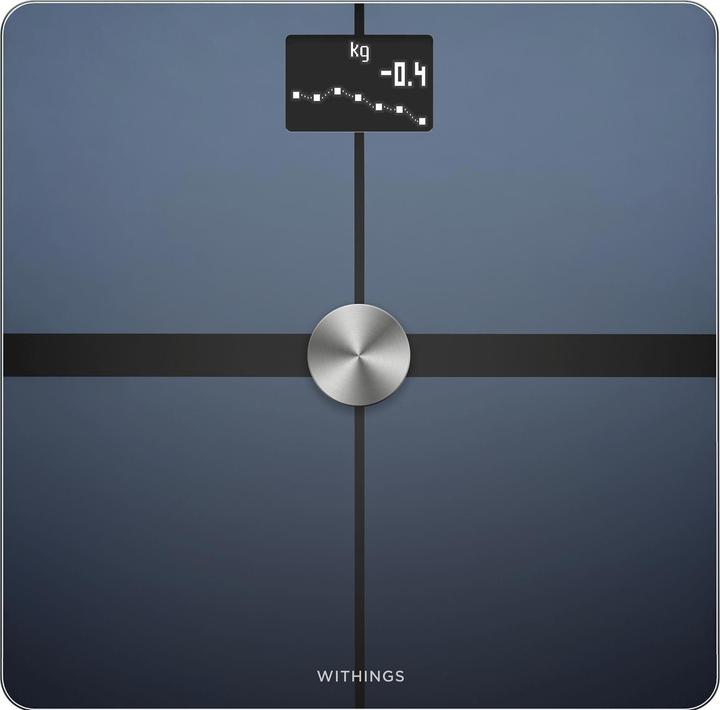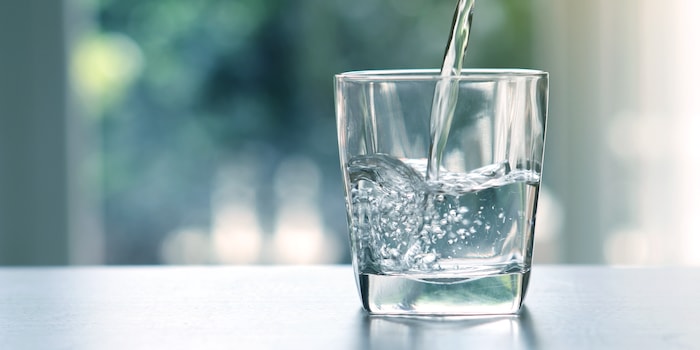

Should we be drinking 3 litres of water a day? 5 facts on body water turnover
Ah, hydrating. It’s so important. After all, we’re supposed to be knocking back three litres of it per day. Or is it eight small glasses? A new study has revealed whether these rules of thumb are worth their salt.
It’s high time for a glass of water. Because despite my best intentions, all that’s passed my lips this morning is an espresso. In winter especially, I often drink too little. At least, I think do. If I were to ask you how much water you should drink every day, your answer would probably be three litres. Or, if you grew up in the US, maybe eight small glasses. That’d be about two litres.
Simple, right? When overly simplistic answers start requiring an explanation, science usually steps up to the plate. A magazine of just that name recently published findings addressing the question of how much water we need in a more accurate, more global way. Who needs how much? Researchers examined the water turnover of 5,604 people across 26 countries, aged between 8 days and 96 years old. Instead of quizzing their subjects on their water consumption, they measured it. By tracking hydrogen isotopes, they were able to record each person’s total water turnover. This refers to the amount in litres that leaves the body and should thus re-enter it in a day.
#1 Drinking is only one part of the solution
- Food and drinks account for about 85 per cent of water turnover. The remaining 15 per cent can be traced back to the body’s metabolic processes, our breathing and skin, which cause us to both absorb and release moisture.
- An estimated 20– 50 per cent of our daily water intake comes from food. This figure varies and is difficult to measure, with no substantive data available to date. What’s certain is that your diet heavily influences how much you really need to drink. While an apple has a water content of about 85 per cent, that of, say, nuts or crackers, is in the single digits.
#2 Major differences in water turnover
Regardless of whether we’re talking total water turnover or how much water we’re meant to be drinking, the answer isn’t a clear-cut three litres. In fact, it really depends on the person. Even when kids and seniors are taken out of the equation, the differences are vast.
- The water turnover recorded ranges from 1–6 litres, with men aged 20–30 and women aged 20–55 displaying the greatest water turnover.
- There are outliers, too: nine men had a water turnover of more than ten litres per day, while for 13 women, it was more than seven litres. Some of them were athletes, others lived in extreme climates, were seriously overweight or pregnant.
#3 The impact of lifestyle
- People from developing countries had a higher turnover than those from industrial nations. This is the case even when the data is statistically adjusted to allow for comparison in spite of differences in living conditions and gender distribution. This might be because wealthy places have plenty of air-conditioned buildings and vehicles. People living there have the technical means to help them elude uncomfortable conditions.
- As expected, people living near the equator have the highest average water turnover. It’s lowest at around the 50th parallel north and south, i.e. here in Central Europe. Beyond the polar circles, it goes back up again.
- Repeated measurements revealed that water turnover increased by about 0.7 per day in summer compared to spring (average temperature of 29 vs. 18 degrees Celsius).
#4 The impact of physique
- Athletes not only have a higher water turnover because they’re physically active, but because muscle tissue contains significantly more water than fat.
- A higher body fat percentage also explains why women have a lower water turnover.
These days, anyone interested in the composition of their own body can get data on their body fat, muscle mass and total body water from any higher quality set of scales.

#5 The impact of age
- We hit our highest water turnover around the age of 30. For men at this stage of life, it’s an average of 4.3 litres a day. For women, it’s 3.4 litres.
- When it comes to the over-70s, men have a turnover of just 3.1 litres, whereas for women, it’s 2.8 litres.
Since the amount we drink only makes up one part of the picture, the recommended 2–3 litres a day are more than plenty for most people. For westerners, the question of how much we should drink is a non-issue that can be solved by a little more mindfulness in daily life. It really is absurd that many people need to remind themselves to stay hydrated – something which only applies to older people or those with certain health problems, if this Ted podcast hosted by Dr Jen Gunter is anything to go by.
I reckon she’s right. For most of us, feeling thirsty is a reliable enough indicator. We don’t need to use apps or water bottles that remind us when to drink. Temperature, humidity and physical activity, however, can cause water turnover to more than double. It’s a global injustice that clean drinking water is often scarce in exactly the places where people have the greatest need for it. That’s why one of the goals of the study was to create new formulas, which would help gauge the need for water more realistically, in line with environmental conditions.
Header image: Shutterstock
Simple writer and dad of two who likes to be on the move, wading through everyday family life. Juggling several balls, I'll occasionally drop one. It could be a ball, or a remark. Or both.
Interesting facts about products, behind-the-scenes looks at manufacturers and deep-dives on interesting people.
Show all

